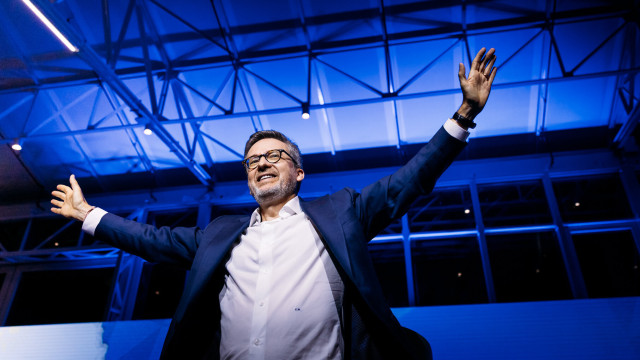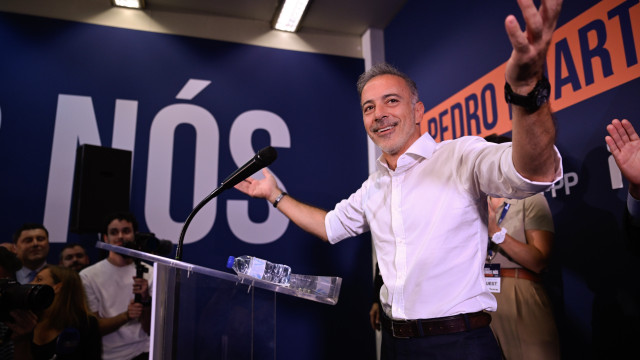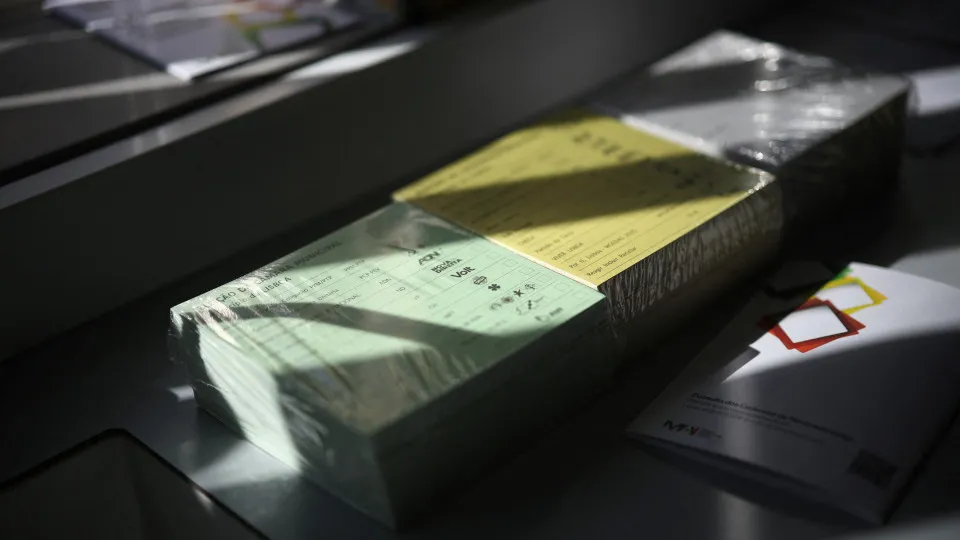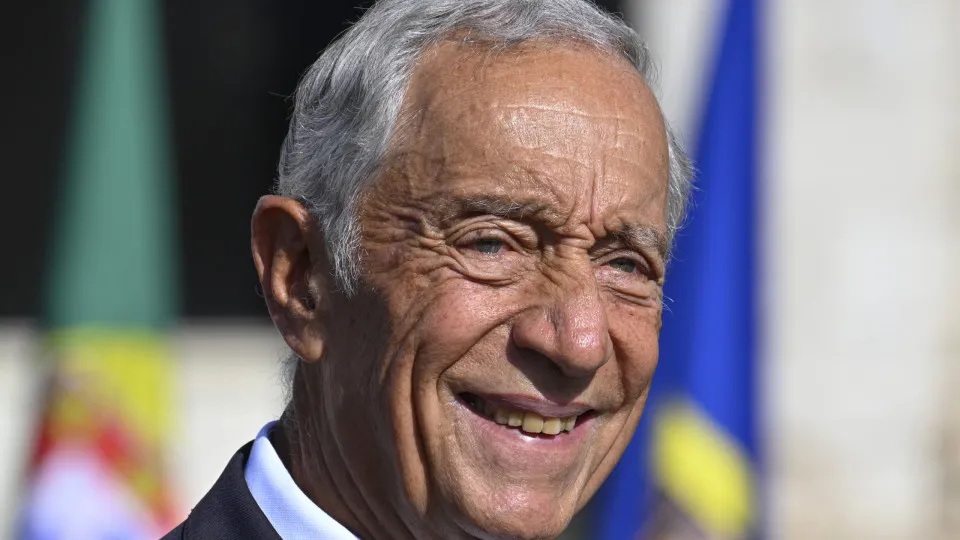The PSD emerged victorious in the municipal elections held on October 12, securing the largest number of city councils (136, some in coalition), and winning six of the largest municipalities in the country. They also claimed 1,447 of over 3,000 parish councils and regained leadership of both the National Association of Portuguese Municipalities (ANMP) and the National Association of Parishes (ANAFRE).
Despite losing in major urban centers and relinquishing their lead in the two organizations for the first time in four election cycles, the Socialist Party (PS) “made a comeback,” as highlighted by the party leader José Luís Carneiro during his election night speech. They exceeded the expectations set by the declining performance in legislative elections, securing 126 municipalities independently and two in coalition with Livre and PAN.
The night proved disappointing for Chega. After being the second most voted party in the legislative elections last May, André Ventura’s party fell short of their goals, managing only three city council presidencies—in São Vicente, Madeira; Albufeira, Algarve; and Entroncamento, Santarém district—with just over 600,000 votes compared to 1.4 million in previous legislative elections.
The CDU encountered its worst-ever results in municipal elections, capturing 12 municipalities and holding onto some parish councils but losing both district capitals they previously held: Évora and Setúbal.
CDS-PP retained its position as the fourth party with the most city council presidents, winning six independently and one in coalition with the PSD.
The abstention rate in the municipal elections remains notably significant, despite being the lowest since 2005. Provisional data from the Ministry of Internal Administration shows it at 40.74%, over five percentage points lower than four years ago.
“Lisboetas want more ‘Moedas'”
Carlos Moedas, heading the PSD/CDS-PP/IL coalition list for the Lisbon City Council, declared victory in Sunday’s municipal elections, stating that the people of Lisbon opted for the continuation of the project initiated in 2021.
The ‘For You’ coalition secured eight mandates, one more than in 2021, but fell short of an absolute majority, which would require nine of the 17 seats in the municipal executive.

“Lisboetas were clear. The results of these elections were clear. We gained 30,000 more votes than last time. It is absolutely extraordinary. We won the elections, increased our vote share, and the people of Lisbon clearly indicated they want more Moedas,” declared the PSD mayor, expressing that this second term will provide “greater capacity” to work.
The head of the Viver Lisboa (PS/Livre/BE/PAN) coalition, Alexandra Leitão, admitted defeat in the municipal elections and wished Carlos Moedas “good luck.”
She described the campaign as a “beautiful journey,” emphasizing that all efforts towards convergence for the common good are worthwhile. Leitão has already called Carlos Moedas to offer her congratulations.
She took full responsibility for the disappointing result, committing to “staunch” opposition. “In a democracy, those who win have the legitimacy to govern, and those who lose have the legitimacy and duty to oppose. That’s what we will do,” she asserted.
Pedro Duarte wins in Porto (and gives “special salute” to Pizarro)
Pedro Duarte celebrated the victory of the PSD/CDS-PP/IL coalition in Porto, thanking the city for its “generosity and civility” and its “wise” discernment in shaping its future.
“My first word is truly one of salutation to this remarkable city, which today has once again demonstrated its grandeur, civility, and its wisdom in deciding what it desires for its future at critical moments,” stated Pedro Duarte.

At campaign headquarters on Avenida dos Aliados, the head of the “O Porto Somos Nós” candidacy extended a “special salute” to Manuel Pizarro (PS), for whom he expressed “political admiration,” describing him as “a great Portuense” who will remain available to assist the city.
“We live in times when democracy is under threat. In non-democratic regimes, there are also winners. What doesn’t exist in these regimes are those who aren’t able to achieve their goals. Therefore, my first felicitation is to those who could not meet their goals in today’s election. The other 11 candidates did not come first, but they too are winners tonight,” stated the former minister of parliamentary affairs.
Manuel Pizarro, the head of the PS list for Porto City Council, fully accepted “responsibility” for the defeat in Sunday’s municipal elections, refusing to attribute it to the current or former PS secretary-general.
“I fully assume responsibility for this defeat. Anyone leading a political project leads that project, bearing all the consequences of leadership. This defeat is primarily a personal defeat and one of my political choice,” he told journalists at his campaign headquarters near Boavista roundabout.
Montenegro is among the big winners of the night. “We return as the largest party in local power, regional power, and AR”
Luís Montenegro was one of the night’s big winners. As leader of the party securing the majority of municipalities, the prime minister had an almost perfect night. The party maintained Lisbon, reclaimed Porto, Sintra, Vila Nova de Gaia, and regained leadership of the National Association of Municipalities and the National Association of Parishes.
In his speech, the social-democrat leader called it a “victory across the board.”
“In the last three years, we laid the groundwork that brought us here. We have returned as the largest Portuguese party in local governance, regional power, and as the largest party in the Assembly of the Republic,” he asserted, emphasizing his role as president of the PSD.
“We are here to use the people’s trust for greater well-being,” he guaranteed.
Montenegro emphasized that the PSD’s work aimed to ensure that attention was paid to “the main needs and aspirations” of the country, particularly in health, housing, and education.
Referring to ‘symbolic’ victories, Montenegro highlighted that the PSD won in Baião, the home of “friend” José Luís Carneiro; in Sintra, “André Ventura’s municipality”; and even in São João da Madeira, “the former PS secretary-general’s” hometown, Pedro Nuno Santos. The social-democrats also secured Espinho, the prime minister’s area, and retained Braga in a close contest.
Election night surprises
While the PSD claimed victory, the PS delivered some of the night’s biggest surprises. Despite commentators’ low expectations and the prior humiliation at legislative elections, the party demonstrated staying power by winning 126 municipal seats. Additionally, they won two municipal councils from the PSD.
In Coimbra, former minister Ana Abrunhosa triumphed in the Coimbra City Council election as part of the ‘Avançar Coimbra’ coalition (PS/Livre/PAN), unseating José Manuel Silva of the ‘Juntos Somos Coimbra’ coalition (PSD/IL/CDS-PP/Nós, Cidadãos!/PPM/MPT/Volt).
In Viseu, the council that had been right-wing since April 25th transitioned to the socialists. João Azevedo achieved the significant feat of unseating long-time incumbent Fernando Ruas.
In Madeira, the PS leader resigned. Paulo Cafôfo announced his resignation on Sunday night following the municipal elections, after losing one of the three presidencies he held.




